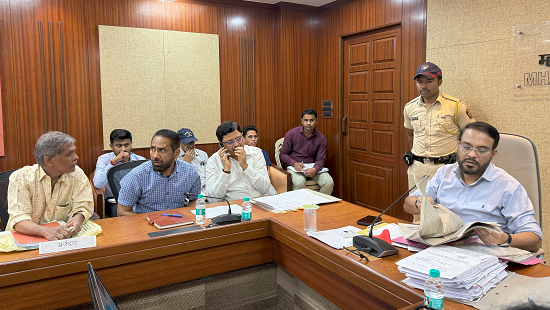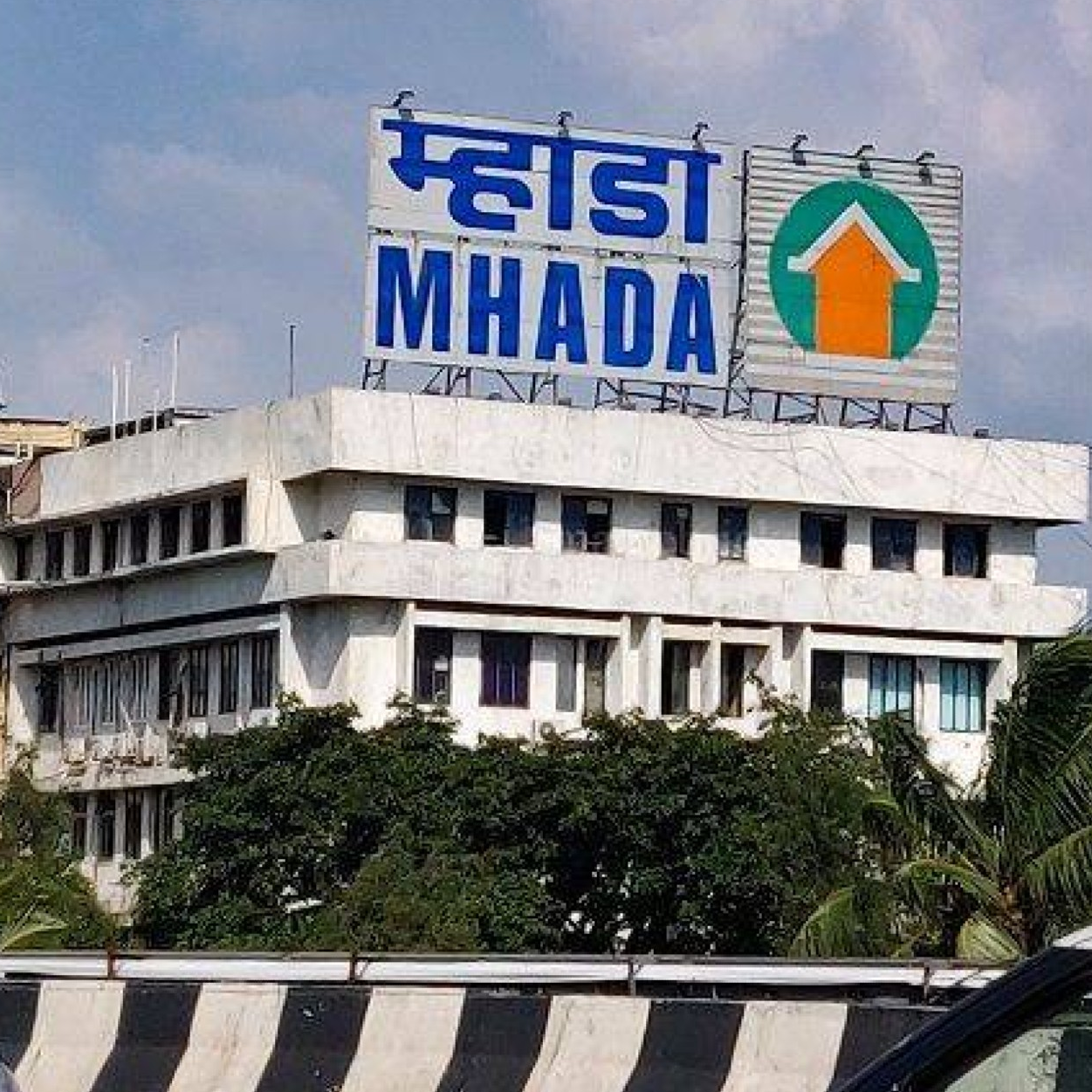
MHADA’s 13th Lokshahi Din Delivered Justice with Speed, Compassion, and Accountability
For many citizens, housing issues are an ongoing struggle defined by delays, disputes, and bureaucracy. Yet, the 13th Lokshahi Din held by the Maharashtra Housing and Area Development Authority (MHADA) on 15 September 2025 became a landmark event, demonstrating how governance can be both swift and humane. Under the leadership of IAS Sanjeev Jaiswal, Vice President and Chief Executive Officer of MHADA, long-pending cases were resolved within hours, financial burdens were lifted with empathy, and rules were enforced with clarity — setting a new standard for public administration.
Shri Sanjeev Jaiswal’s approach brought a refreshing blend of decisiveness and compassion. His ability to swiftly analyze complex issues, cut through bureaucratic red tape, and deliver fair outcomes transformed what is usually a tedious grievance process into a powerful demonstration of citizen-first governance. From long-standing disputes to immediate financial relief, the Lokshahi Din not only addressed individual cases but also highlighted the importance of trust, accountability, and transparent decision-making in public institutions.
A 15-Year Struggle Resolved in Just Four Hours
The most inspiring story of the day was that of Shri Daulat Adhikari, whose application for permanent housing had remained unresolved for nearly 15 years. Documentation discrepancies had stalled his request to be included on MHADA’s master list. His family’s uncertain living conditions stretched across decades, with no clear path to a permanent home.
During the event, Shri Jaiswal personally heard the applicant’s case, quickly reviewed the facts, and directed the concerned officials to resolve the matter immediately. By the end of the day, Adhikari not only had his eligibility confirmed but also received an official letter assuring him and his family of their permanent housing rights. This extraordinary outcome, delivered in just four hours, showcased the power of decisive leadership that refuses to let procedural hurdles deprive citizens of their rightful entitlements.
Compassion Over Penalty: The ₹75,000 Waiver for Sahebrao Gaikwad
Not every issue stemmed from administrative delays; some arose from genuine financial hardships. Shri Sahebrao Gaikwad, a State Transport employee and winner of an EWS flat in Pune, had missed the payment deadline due to economic constraints and was facing a hefty ₹75,000 late fee. For many, this penalty would have been an insurmountable burden, further delaying access to affordable housing.
Shri Jaiswal’s response was rooted in empathy and practical governance. Recognizing the applicant’s difficult situation, he waived the entire penalty and directed that the apartment be handed over to him immediately. His assurance — “Tomorrow, you get the keys” — reflected not only compassion but also the moral responsibility of governance to support citizens rather than penalize them in times of distress.
Upholding Rules with Fairness: The Case of Riddhi Waje
While compassion played a vital role, Shri Sanjeev Jaiswal also ensured that government norms were upheld with fairness. In the case of Smt. Riddhi Waje, it was found that she owned two MHADA flats, rendering her ineligible to claim possession of the newly allotted flat. Despite the setback, Shri Jaiswal applied the principle of “one family, one government home” with transparency. One of the flats would be repossessed, but she would be granted rightful possession of the newly allotted unit, ensuring fairness while avoiding harsh penalties.
Fast-Tracking Governance: Deadlines and Structured Processes
Other cases too received structured, time-bound interventions. Disputes over loft areas, pending audits in cooperative housing societies, and redevelopment issues were either resolved immediately or assigned strict deadlines for hearings and decisions. For instance, loft-related disputes were instructed to be reviewed within seven days, while audit orders were expected to be completed within 45 to 60 days. This emphasis on timelines and accountability reflects a governance framework that not only hears grievances but actively tracks their resolution.
The Larger Impact: Numbers and Beyond
By the end of the day, the 13th Lokshahi Din had heard 15 applications. Of these, five belonged to the Mumbai Building Repair & Reconstruction Board, six to the Konkan Board, three to the Mumbai Board, and one to the Pune Board. While the numbers are significant, what truly stood out was the manner in which the cases were handled — with speed, empathy, and an unwavering commitment to justice.
The day’s outcomes reflect how governance can transform from a sluggish, paperwork-heavy process into a responsive and citizen-driven institution. It also underscores the importance of leadership that is both courageous and compassionate, willing to cut through procedural challenges while standing firmly on the principles of fairness and transparency.
A Governance Model for the Future
MHADA’s Lokshahi Din under Shri Sanjeev Jaiswal’s stewardship is more than an event — it is a model for modern governance. Whether resolving a housing dispute that had lingered for 15 years or waiving punitive fees to ease financial distress, the administration’s actions demonstrated that public service is at its best when it is guided by empathy, integrity, and efficiency.
In an era where trust in government institutions is often strained, the Lokshahi Din provides a blueprint for rebuilding that trust. With clear procedures, decisive leadership, and genuine concern for citizens’ well-being, MHADA is not just addressing housing problems — it is redefining what it means to serve the people.
Through initiatives like this, Shri Sanjeev Jaiswal’s leadership is showing that governance doesn’t have to be distant or impersonal. When systems are designed to respond swiftly, uphold fairness, and support those in need, they can not only resolve pending disputes but also reshape lives and communities. MHADA’s Lokshahi Din stands as a beacon of how government institutions, when led with courage and compassion, can become catalysts for meaningful change.



